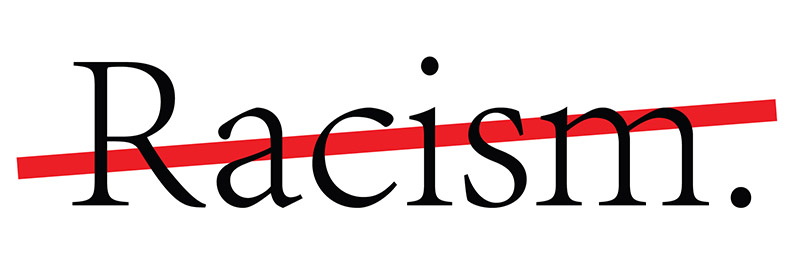In less than one month, we have watched the lives of black men and women be violently taken by others who perceive themselves to be in authority. We have watched a white woman call the police on a man who kindly asked her to leash her dog in an area where it was required. We have been humbled by the lament of black and brown voices who are crying out “how much more, Lord?” We have experienced marches, sit-ins, and protests – many in this new time of physical distancing. We have taken to our social media accounts to share our pains and seek resolution.
Are you, as a person of faith, doing more than watching and responding from your keyboard? Is your congregation, as a living, breathing manifestation of Jesus, confronting the sin of racism and white supremacy in real and tangible ways? If not –or just not yet – then Convergence would like to offer some practical ways that you might engage in this work.
This list is not comprehensive, nor is it enough. But it’s a start for you, and for the many who are struggling to figure out what to do, how to do it and more importantly, why you should.
- Create a book study in small groups – There are resources in the world that are ideal for you and your congregation as you engage in conversations around race. Have more than one small group reading at the same time – that way the groups are small enough for honest conversation, but your entire community is engaged in the same work. Here are some of my personal favorites:
- How to Be an Antiracist –Ibram X. Kendi
- I’m Still Here: Black Dignity in a World Made for Whiteness – Austin Channing Brown
- Between the World and Me – Ta-Nehisi Coates
- Anxious to Talk about It: Helping White Christians Talk Faithfully about Racism – Carolyn B. Helsel
- Commit to preaching on racism more than at times when the world seems to be talking about it – Your role as leaders of faith calls on you to engage in difficult conversations at all times, not just when the media is blaring it. It may be uncomfortable for you and your congregation, but the more you discuss hard things, the more you will be expected to. It might sound trite, but if Jesus were to preach in your congregation on a consistent basis, would he allow his message to lose its punch or be worried that he was saying things that were hard to hear?
- Provide a list of important voices that your congregations should be following on social media – With as much time as folks spend on social media, encourage them to follow voices that are critical to dismantling supremacist and racist ideology. Regardless of their platform of choice, these voices are consistent and can provide a much-needed additional voice to your own. If you would like some ideas of who to follow, I’m happy to suggest some folks.
- List to podcasts as a group – Our airwaves are inundated with conversations around race through the magic of podcasts. Encourage the listening of a few episodes and then curate an online call (through Zoom, etc) to reflect on what you heard and how you might respond. Again, if you would like some ideas of who to listen to, I’m happy to make suggestions.
- Share resources on social justice, white privilege and race with your congregation – Convergence has courses that are ideal for easing your community into justice work.
- Curate a conversation on what it means to be made ‘In the Image of God” – Racism is an attack on the image of God that has been given to every one of us by the Creator (Gen. 5:1-3). Because each person has been created by God, we are all united together with the Lord and with each other. Racism rejects what God has done by refusing to acknowledge the image of God in the other, the stranger and the one who is different. (US Conference of Catholic Bishops)
- Take prayer walks in neighborhoods plagued by racial violence.
- Encourage your Christian Education classes to take on the conversation for a series of weeks – Here is a wonderful resource that can be used to lead and further the dialogue from Sojourners.
Friends, we are called to do hard things. We are asked to be the hands, feet and voice of the brown-skinned, Palestinian Jew that we follow. Our voices must echo his teachings and honor his life. Racism is the single greatest sin of our generation and many generations that came before us. If that is so, and I believe it is, then it is our job, as the Church, to dismantle it piece by piece, legislation by legislation and murder by murder.

